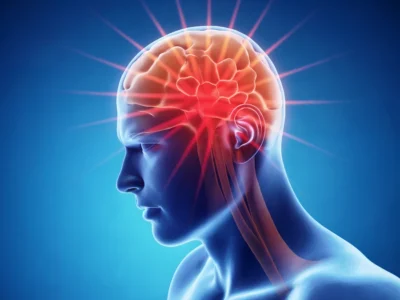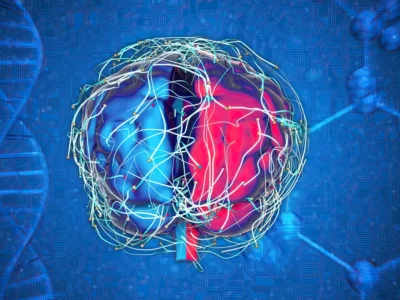Traumatic Brain Injury (TBI):
Clinical profile characterized by direct injury to the cranial structures, brain or meninges due to external traumatic force (contusion, penetrating injury or acceleration-deceleration forces).
These may affect the brain in different ways:
- By direct injury.
- When cerebral blood flow is interrupted.
- Causing bleeding and bruising.
- Causing inflammation of the structures.
- Causing infection.
- Transformation of focal epileptogenic scars.
Cerebrovascular Accident (CVA):
CVA, also known as a stroke, deals with a clinical profile consisting of caused by pathological conditions of the blood vessels that cause damage to any area of the brain, resulting in various deficits depending on the area affected.
Two types exist:
- ISCHEMIC STROKE: when the flow of blood to the brain tissue is decreased or interrupted. There are various causes below:
– Thrombosis: formation of blood clots within the blood vessel walls which cause blockage.
– Embolism: a clot, air bubble or fat, or any other formation of material that blocks a blood vessel after being transported through the bloodstream.
– Arteriosclerosis: hardening of the arteries.
– Vasculitis: inflammation of the blood vessels. - HEMORRHAGIC STROKE: when a blood vessel ruptures causing bleeding into the surrounding areas of the brain which cannot be adequately filtered.
Leia mais sobre o AVC.
Brain Tumors:
A brain tumor is an abnormal growth of cells within the skull. As this is a tight space, abnormal growth of tissue causes pressure on the brain affecting its proper functioning.
Brain tumors are classified into two types:
- Benign: cells similar to normal cells which grow slowly and are located in a determined area.
- Malignant: cells different from normal cells, that grow rapidly and are easily spread to other areas.
Cerebral Anoxia:
This is a situation in which there is a reduced supply of oxygen to the brain. The brain is extremely sensitive even to a brief decrease of oxygen, so that a complete lack of oxygen over 5 minutes or a reduced oxygen supply for 15 minutes can cause permanent brain damage.
Some causes are drowning, carbon monoxide poisoning (smoke inhalation), strangulation, pulmonary embolism, overdose, myocardial infarction, anaphylactic shock and respiratory failure associated with pneumonia or a prolonged epileptic status (persistent seizure).
Infections:
Infections are caused by an invasion of microbial pathogens (viruses, bacteria, fungi or parasites) and the reaction of the tissue to their presence and the toxins they produce.
The most prominent are:
- AIDS Dementia Complex.
- Citomegalovirus.
- Herpes Simplex.
- Progressive multifocal leukoencephalopathy.
- Neurosiphilis.
- Neurotuberculosis, tuberculous meningoencephalitis.
- Cerebral toxoplasmosis.
- Malaria.
- Bovine spongiform encephalopathy and Creutzfeldt-Jakob disease.





